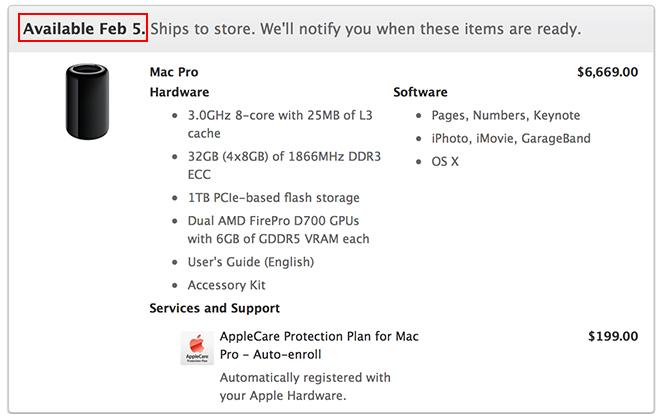

So I wanted to maybe do that with Mac Pro.
6 CORE MAC PRO VS 8 CORE UPGRADE
I like to upgrade every year or two machine before it's completely worthless so I can spend less money buying a new one. Compared to the previous entry-level Mac Pro, a mid-2012 model with a quad-core Intel Xeon running at 3.2GHz, a 1TB hard drive, 6GB of RAM, and an ATI Radeon HD 5770 video card with 1GB of video. Are the Cores a big deal for Logic or would speed. Does anyone have any first hand experience with either machine and LP that could share. Been thinking about that 3.33GHz 6-Core but it would be slightly more expensive that the base model 2.4GHz 8 core. I'm just curious what would be the smart thing to do to make sure I don't lose a lot of money on machine. I need a new Mac to use with Logic 9.1.3.
6 CORE MAC PRO VS 8 CORE PC
I also have a fast i7 3.4ghz workstation for PC centric stuff that's my secondary machine at the moment (it was primary for awhile) and I'm thinking my Mac Pro is still faster than that machine. I think that my current 8-core 2.8ghz configuration with 10gb of ram and dual 8800GTs is more then enough for any heavy lifting. I guess the reason why I asked the question is basically whether or not I should wait for something new. Well this machine would be then my primary machine for a certain time period and I do some heavy graphics (design and animations) and a ton of other stuff that requires some beef on the machine.

For 7,000, you can upgrade to a 2. If you're just going to be using it to develop iPhone apps why would you need a beefy machine anyway? I'd just get the cheapest Mac in the store. Mac Pro: The granddaddy Mac comes standard with a 3.5GHz 8core Intel Xeon W processor, but if youre buying a Mac Pro, you probably need something a little faster. It's just a huge amount of money for probably not so much performance gain. Expect beefier chip for the iMac and Mac Pro. At launch, it was the most powerful laptop chip in terms of CPU and very competitive as a laptop GPU. Right now, I really have hard time justifying spending $5k for a new Mac Pro 8-core 2.66ghz where performance would probably be around 20% gain. Now, recently in Oct 2021, Apple unveiled the updated MacBook Pro with two new SOCs: M1 Pro and M1 Max which has a beefed up compute cores and a massive graphics array. Should I maybe wait for new Mac Pro line and see how the pricing goes for those? I'm guessing they should be fueled by newer Nvidia GPUs and possibly some lower prices for 8-core variations or something. So buying a new one doesn't seem it would give me really any real-world improvement. Judging by reviews and speed tests new 2.26 8-core Mac Pros are barely 10% faster than my 2.8ghz 8-cores and sometimes not even 10%. GeForce 120s are probably same or lower performing than 8800GTs and ATI 4870 is already old as hell and I would still need to pay another $360 for another 4870 as I'm running 30" display with 2 additional displays on the sides. I'm just wondering whether or not the upgrade is worth. The really acceptable upgrade to newer Mac Pro 8-core is to 2.26ghz as 8-core Mac Pro at 2.66ghz (Nehalem) is like $5k so that's really crazy.

I'm not sure whether or not it is worth upgrading in terms of performance. What is the difference between Apple MacBook Air (2015) 13' and Apple MacBook Air (2017) 13.3' Intel Core i5 1.8GHz / 8GB / 128GB Find out which is better and their overall performance in the laptop ranking. I've been reading a lot of stuff about the newer Mac Pros but they seem unbelievably expensive. The PowerPC 604e was the first Mac processor available in a symmetric multiprocessing (SMP) configuration.So I have an 8-core 2.8ghz Mac pro with dual 8800GT cards (this is 2008 model with Harpertown cores). The PowerPC 601 was the first Mac processor to support the 32-bit PowerPC instruction set architecture.Ī Motorola PowerPC 603 processor Processor The highest-specification 15-inch MacBook Pro used in this test cost 3,499, packing the 2.9GHz Core i9 processor, Radeon Pro 4GB 560X graphics and 32 gigabytes of DDR4 memory. The MC68LC040 version was less expensive because it omitted the floating-point unit. The Motorola 68040 had improved per-clock performance compared to the 68030, as well as larger instruction and data caches, and was the first Mac processor with an integrated floating-point unit. My other option is to take my current 8 core 2010 Mac Pro (2.26) and upgrade it to a 12 Core 3.46 Ghz. Another improvement over the 68020 was the addition of a data cache. Is having more cores better or is having higher cpu speed better when considering Cubase on Mac 12 Core MP 2.7 Ghz 8 Core MP 3.0 Ghz 6 Core MP 3.5 Ghz. The Motorola 68030 was the first Mac processor with an integrated memory management unit, allowing for virtual memory.


 0 kommentar(er)
0 kommentar(er)
